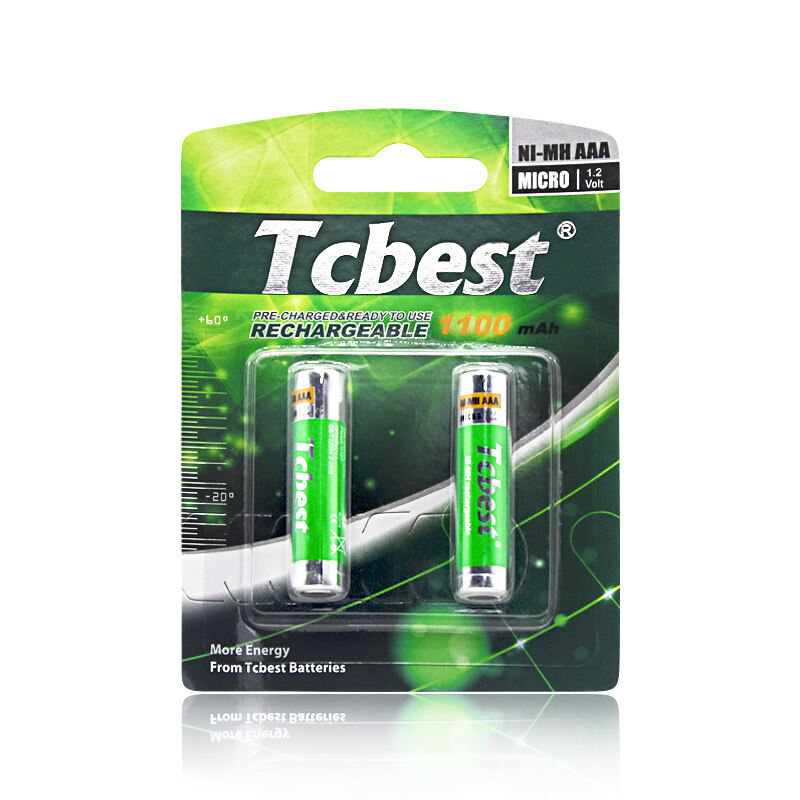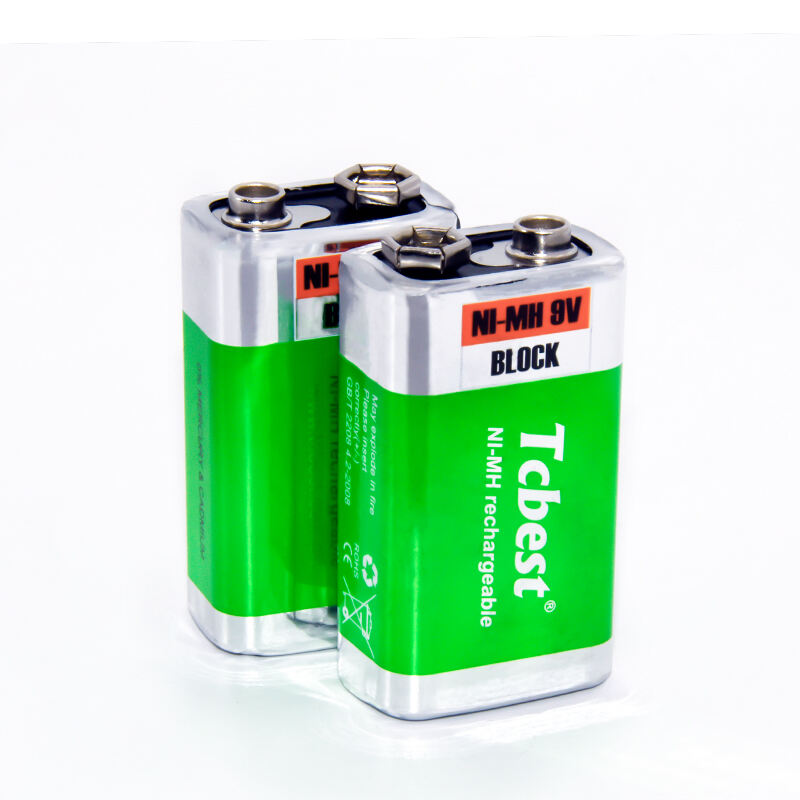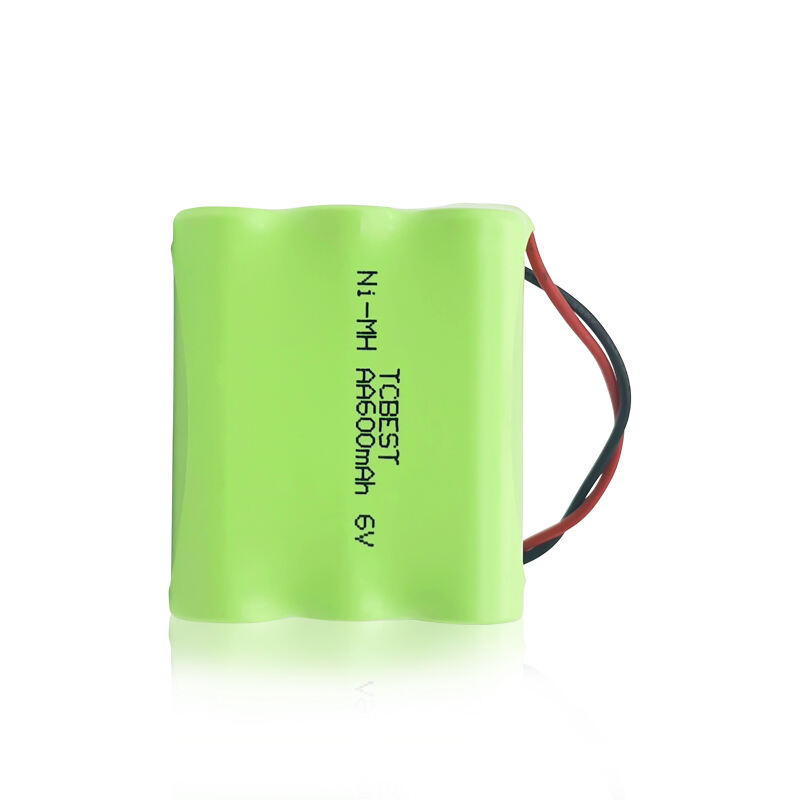nickel metal hydride cell
The nickel metal hydride (NiMH) cell represents a significant advancement in rechargeable battery technology, offering a reliable and environmentally friendly energy storage solution. This sophisticated power cell consists of a positive electrode made of nickel hydroxide and a negative electrode composed of a hydrogen-absorbing alloy. During charging, the cell converts electrical energy into chemical energy, storing hydrogen within its metal alloy structure. When discharging, the process reverses, releasing stored energy to power various devices. NiMH cells feature a nominal voltage of 1.2V and can deliver substantial energy density, typically ranging from 60 to 120 Wh/kg. These cells have found widespread application in consumer electronics, hybrid vehicles, and industrial equipment. The technology's robust design allows for hundreds of charge-discharge cycles while maintaining consistent performance. One of its distinguishing characteristics is the absence of toxic heavy metals, making it more environmentally sustainable than some alternative battery technologies. The cells operate effectively across a wide temperature range and demonstrate excellent resistance to overcharging and deep discharge conditions.


